On Sunday, June 5, alongside the celebrations and joyful gatherings of Yom Yerushalayim, NOAL commemorated the Memorial Day for Ethiopian Jews who Perished on their Journey to the Land of Israel. This memorial is observed every year on the 28th of Iyar, the same date as the official national holiday celebrating the liberation of Jerusalem. The memorial ceremony was attended by 1,500 people, including residents of Netanya, representatives of the Ethiopian community from all over the country, and hundreds of youth members of NOAL. The memorial day was concluded by a symposium and a closing ceremony. The educational goal of this year’s events: The younger generation will renew their forgotten family history.
In recent years, NOAL has led the closing ceremony of the Memorial Day for Ethiopian Jews who Perished on their Way to Israel. For the past two years the ceremony has been run in partnership with the Netanya Municipality. The ceremony this year centered on the subject of “education.” The event organizers focused on the tremendous educational projects established in Ethiopia by Tamrat Emanuel, Yona Bogale and many other visionaries who understood education to be the best way to transform the dreams of Zionism and aliyah into reality. The ceremony was attended by members of the family of the late Yona Bogale, educator and director of the Beta Israel education system in Ethiopia.

The ceremony honored the memory and bravery of the approximately 4,000 souls lost on the journey from Ethiopia to Israel from diseases, wild animals and bandits, mostly in Sudan. To memorialize the 4,000 dead, four torches were lit by members of the community who lost close family members during their aliyah. Those lighting the torches this year included:
1) Yuval Yaakov, NOAL member in Rishon LeZion, together with his mother Rachel: in memory of his grandfather Triko Pakdah. Triko, an agriculturalist and singer, began his journey to Sudan in 1989 after his family was killed by bandits.
2) Adisu Gathon: in memory of his mother, Las’hit Rada, and her granddaughter, Blainish Gathon. Las’hit set out on her journey at the age of 77 when she was blind yet marching boldly with her family. Upon their arrival to the refugee camp Amarkova, Las’hit was struck by exhaustion and suffered from the food shortages. When her son finally was able to get her some food from the Red Cross, he tried to get her to eat it but she refused because it was not kosher. Las’hit did not survive and died in the refugee camp in Amarkova, Sudan. Las’hit’s granddaughter, Blainish Gathon, was a year and 4 months old, and suffered from disease and malnutrition as a result died in the camp.
3) Sisaii Mkonen, Prisoner of Zion: in memory of his cousin, Ainish Robel. Ainish and many young women walked many kilometers every day in order to learn at the schools which were very far away. This was very dangerous, so when Ainish was 17 her parents sent her to Israel, accompanied by her close relatives. Ainish set out on her journey in 1984, when she was 18 years old, and she died in the Amarkova camp in Sudan..
4) Parnus Slamsa, Mother of Yosef Slamsa: in memory of Zaodii Tgaii and her daughter Kever-Elem Tadla Slamsa. The Slamsa family set out on their journey in 1989. Zaodii, after nine of her grandchildren died in one week, died of a broken heart at the age of 80. Kever-Elem, only four-and-a-half years old, was sick with body sores and malnutrition for three months. She died on the way to Sudan.
An exhibition at the entrance to the ceremony provided details about the educational figures of the community along with testimonies and family stories of aliyah that were collected and documented by NOAL youth members through conversations with their parents. The event was organized, composed and performed by the chanichim and madrichim of the movement and and was attended by some 1,500 guests.

Liel Maslah, coordinator of the NOAL youth center in the Rambam neighborhood of Rishon LeZion, said: “the ceremony is just another piece of the wide scale activity of the movement in its decision about the importance of the Zionist aliyah from Ethiopia. Even today, very few members of the public know about the story of the Ethiopian olim and are aware of the victims who paid to fulfill the Zionist dream. Many stories of heroism from members of the community and their families are pushed to the side of Israel’s collective memory and few commemorate this memorial day, aside from the members of the community themselves. For example, few people recognize the tremendous contribution people like Tamrat Emanuel to the Zionist enterprise. Worse, due to lack of education and widespread cultural misunderstandings, many Ethiopian Jewish youth don't even know their own families’ stories. The silence around it in the home stems from the severe trauma that many experienced en route to Israel, alongside the social perception that sees the aliyah of Ethiopian Jews as an “operation” and not as a story of Zionist aliyah that demands its own place of respect. The story of the Ethiopian aliyah should serve as a model of exemplary educational values and should be shared with all the youth of Israel."
